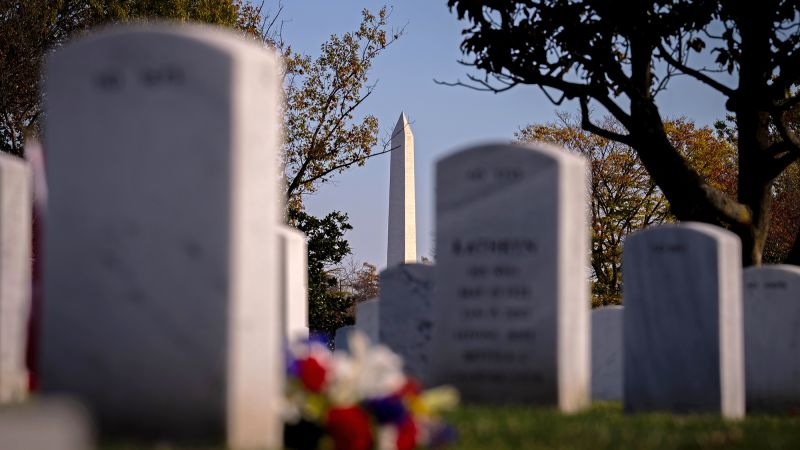On Thursday, President Donald Trump made a contentious announcement intending to rename Veterans Day, which falls on November 11 each year, to “Victory Day for World War I.” This proposal seems to stem from Trump’s desire to reinvigorate a national sentiment of celebration regarding military achievements, stating, “We won both Wars, nobody was close to us in terms of strength, bravery, or military brilliance, but we never celebrate anything. That’s because we don’t have leaders anymore that know how to do so!” His comments were shared on the social media platform Truth Social, igniting conversations about the renaming of this federal holiday.
In addition to renaming Veterans Day, Trump indicated an interest in designating May 8 as “Victory Day for World War II.” It should be noted that May 8 is not currently recognized as a federal holiday. The prospect of creating another federal holiday raises questions, especially since Trump did not clarify if he aims for May 8 to attain the same status as Veterans Day, which currently holds significant national observance.
The legitimacy of federal holidays often hinges on acts of Congress, although states retain the autonomy to choose whether or not to recognize them. The historical context of Veterans Day reveals that its origins are rooted deeply in World War I, marking the end of combat on November 11, 1918, rather than American triumph. In fact, initially, it was referred to as Armistice Day, intended “to be dedicated to the cause of world peace” and honoring veterans of only World War I. This shift from solely commemorating one war to honoring all veterans began after World War II and the Korean War, when veterans groups successfully lobbied Congress to amend the holiday in 1954, thereby renaming it Veterans Day.
Under its current designation, Veterans Day serves as a tribute to all American veterans, encompassing those who served in various conflicts, including the Vietnam War, the Iraq War, and operations in Afghanistan, among others. However, Trump’s recent statements have invited scrutiny, particularly concerning the absence of recognition for modern veterans within his commentary. This omission draws attention to the complexity of honoring service members from different eras and the varied interpretations of what it means to honor veteran service.
Additionally, another federal holiday, Memorial Day, is observed on the last Monday in May, dedicated to those who sacrificed their lives for the country. Originally established in 1888 as Decoration Day to honor Civil War soldiers, it gained wide recognition and was designated a federal holiday in 1968. The evolution of these observances highlights changing societal values and the ongoing need to commemorate the sacrifices made by service members throughout history.
Trump’s notion of establishing May 8 as “Victory Day for World War II” is further complicated by historical accuracy. While May 8, 1945, is celebrated as Victory in Europe (V-E) Day marking the conclusion of the war in Europe, the conflict in the Pacific continued for another three months, culminating only with the Japanese surrender on September 2, 1945. Historians typically recognize this date as the formal end of World War II and refer to it as Victory over Japan (V-J) Day. This nuance demonstrates the challenges surrounding the naming and commemoration of military events, and exemplifies differing perceptions of victory and remembrance.
As discussions about the potential renaming and establishment of new holidays unfold, it is evident that the intersection of history, nationalism, and public sentiment will play a crucial role in shaping how these decisions are received. Recent proposals, while seemingly aimed at celebration, carry the weight of historical legacies that may complicate future commemorations in American society. Whether Trump’s suggestions will gather enough traction for legislative consideration remains uncertain, yet they undeniably reignite a significant conversation about patriotism, collective memory, and the nature of honoring those who have served in the military.



